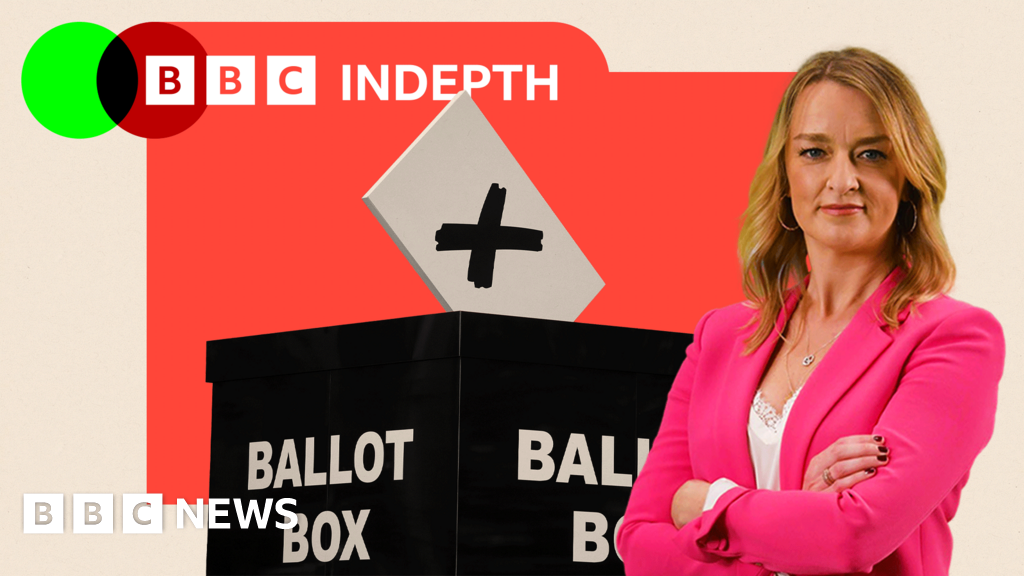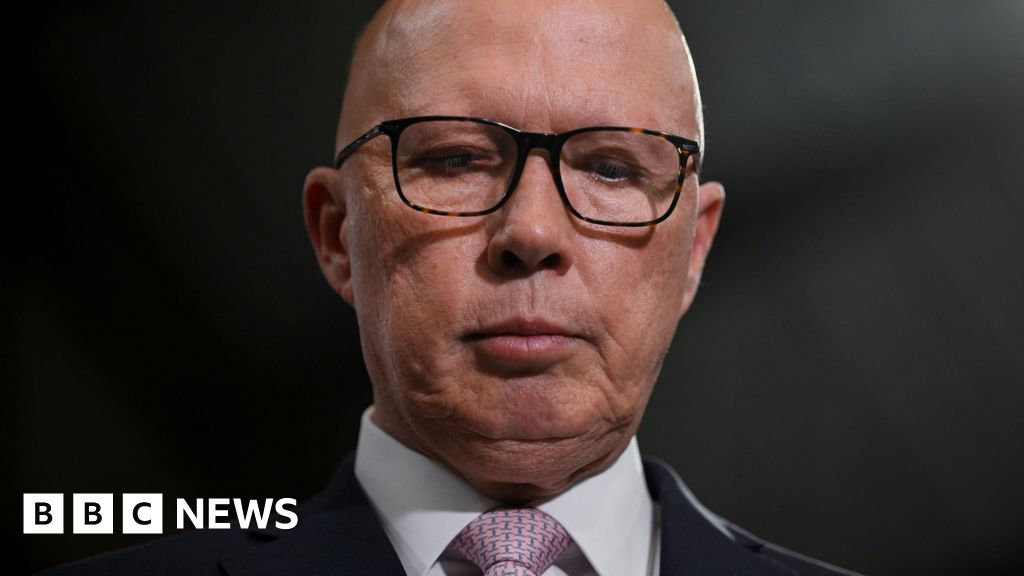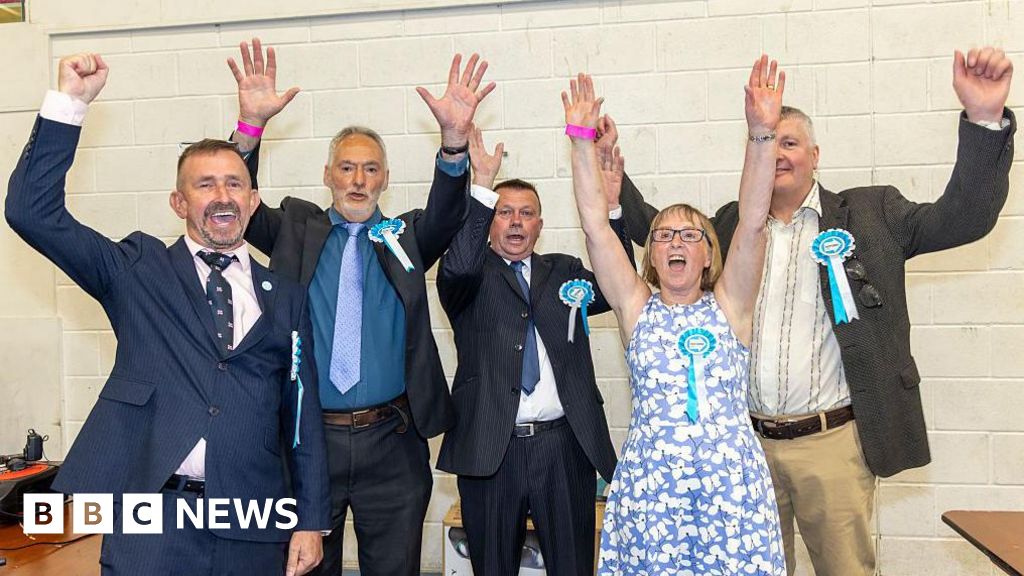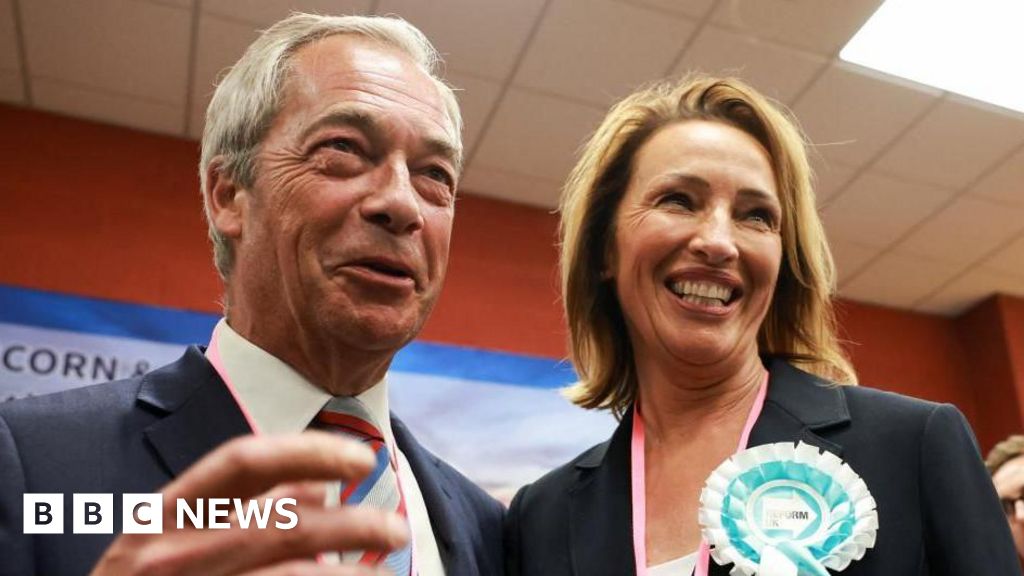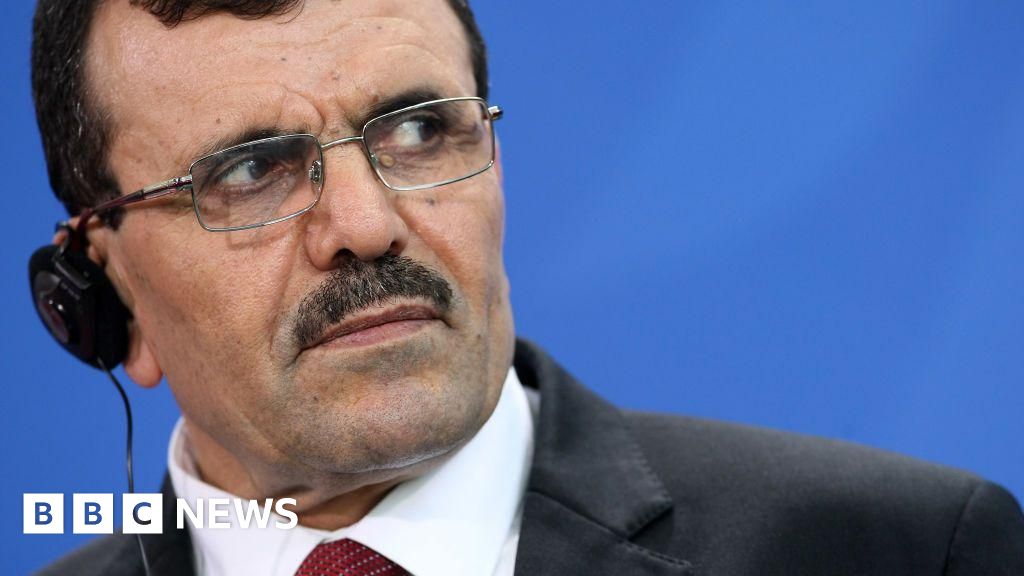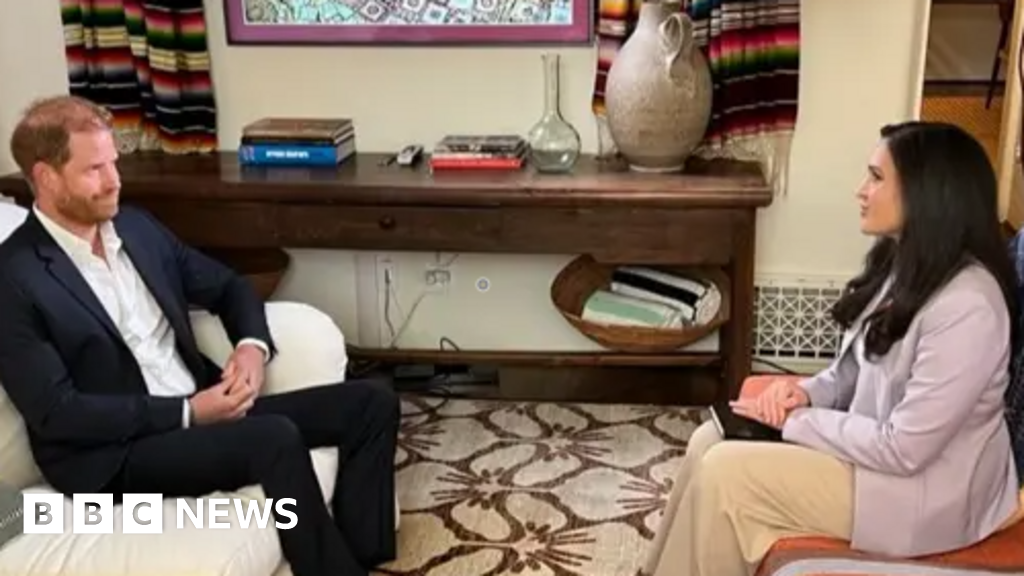
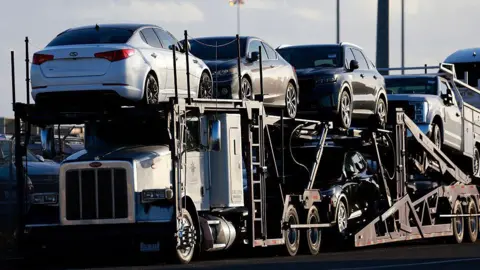 Getty Images
Getty Images
A 25% import tax on engines, transmissions and other key car parts has come into force in the US, raising pressure on an industry finding its way through a thicket of policy changes.
The new tariff comes days after Donald Trump eased the measure in response to business worries, but did not eliminate it.
The US president has said the new tariff, along with a 25% import tax on cars that went into effect last month, is intended to push carmakers to do more manufacturing in the US.
But analysts said any immediate expansions in the US were likely to come at the expense of production elsewhere, while also leading to higher costs for the businesses - and ultimately higher prices for customers.
For now, companies have been shielded from pain, as concerns about price hikes have prompted a sales surge.
General Motors and Ford this week reported double digit sales growth continuing in April.
But GM also warned it expected as much as $5bn (£3.7bn) in new costs this year as a result of the tariffs, including roughly $2bn in charges on cars it makes in South Korea and exports to the US.
Executives said they now expected prices to rise roughly 1%, instead of falling as previously forecast.
In a sign of the turmoil, other car companies, including Stellantis, maker of Jeep, Fiat and Chrysler, withdrew financial guidance for the year ahead, citing the fluidity of the situation.
"We remain subject to extreme uncertainties," Stellantis chief financial officer Doug Ostermann told analysts this week.
Nearly half of vehicles sold in the US last year were imported from outside the country.
When Trump announced plans in March to hit cars and certain car parts with 25% tariffs, an announcement that came amid a bevy of other tariffs, it sent shockwaves through the industry, drawing warnings of higher prices and risks to production and sales.
The president has since softened his policies, especially regarding Mexico and Canada - key parts of the industry's supply chain, due to decades of free trade between the three countries.
As it stands currently, parts made in Mexico and Canada in compliance with that free trade agreement will be spared the duties. Officials had initially described that exemption as temporary, but after customs instructions issued this week analysts said it now appeared likely to stick.
Trump this week also signed measures to shield firms from facing multiple tariffs on the same item, while setting up a two-year system carmakers can use to reduce the duties they have to pay on parts imported from other countries and used in US-assembled cars.
The administration had also already said firms importing cars made in Canada and Mexico would not be charged tariffs on US-made content.
"The changes that have come in the last couple of days are going to make it easier ... but even so it's still a dramatic change to the market," said Stephanie Brinley, principal automotive analyst at S&P Global Mobility. "It's still a big tariff."
Executives at some firms have said they are exploring ways to increase production in the US to mitigate the new costs.
General Motors said it had expanded truck production at its factory in Fort Wayne, Indiana, by about 50,000 as a result of the tariffs. This week it also said it would cut back output in Canada.
Mercedes also said it had flexibility to expand at its factory in Alabama.
Art Wheaton, director of Labor Studies at Cornell University, said the US might see more such announcements in the months ahead, but he did not expect to see new factories getting built anytime soon, given the significance of that investment and how fast the situation is changing.
"If I'm going to make a multi-billion dollar decision... I wouldn't do it in a market that is this unstable," he said.
The administration has said it is working on trade deals with key countries for the industry, including South Korea and Japan.
Trump might also modify his policies if signs of economic damage start to emerge, Mr Wheaton said.
"Everything is pretty good now," he said. "I don't think the full impact of those tariffs has hit yet."
.png)
 13 hours ago
5
13 hours ago
5



